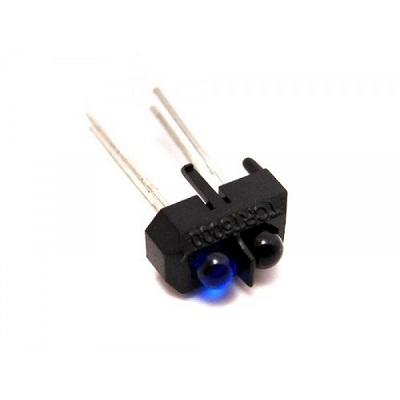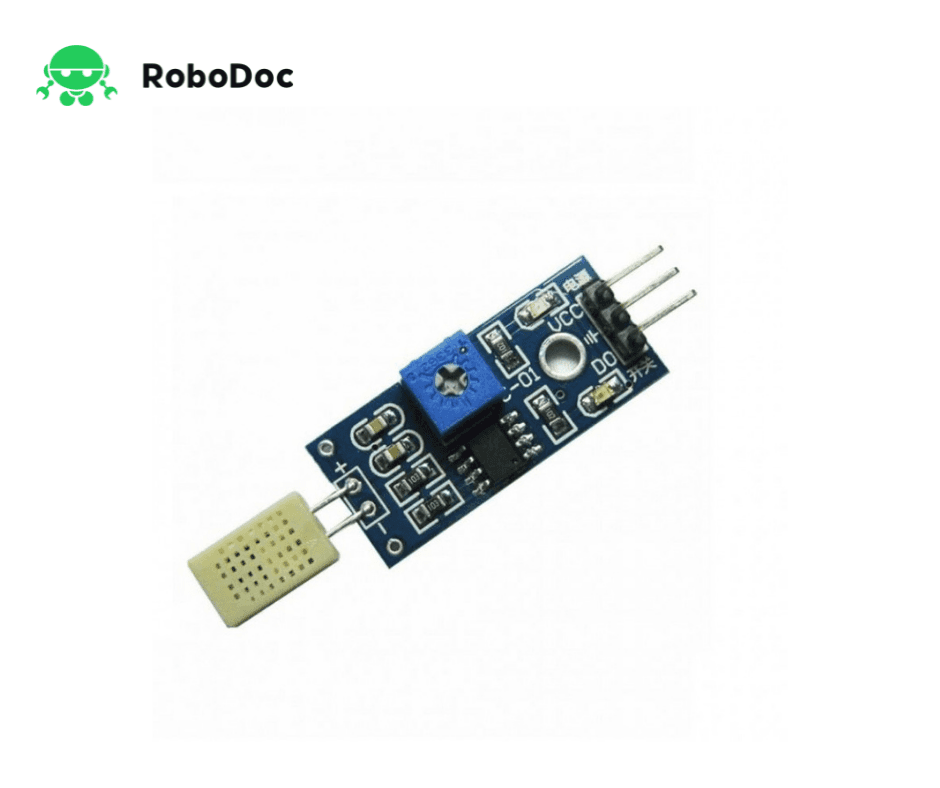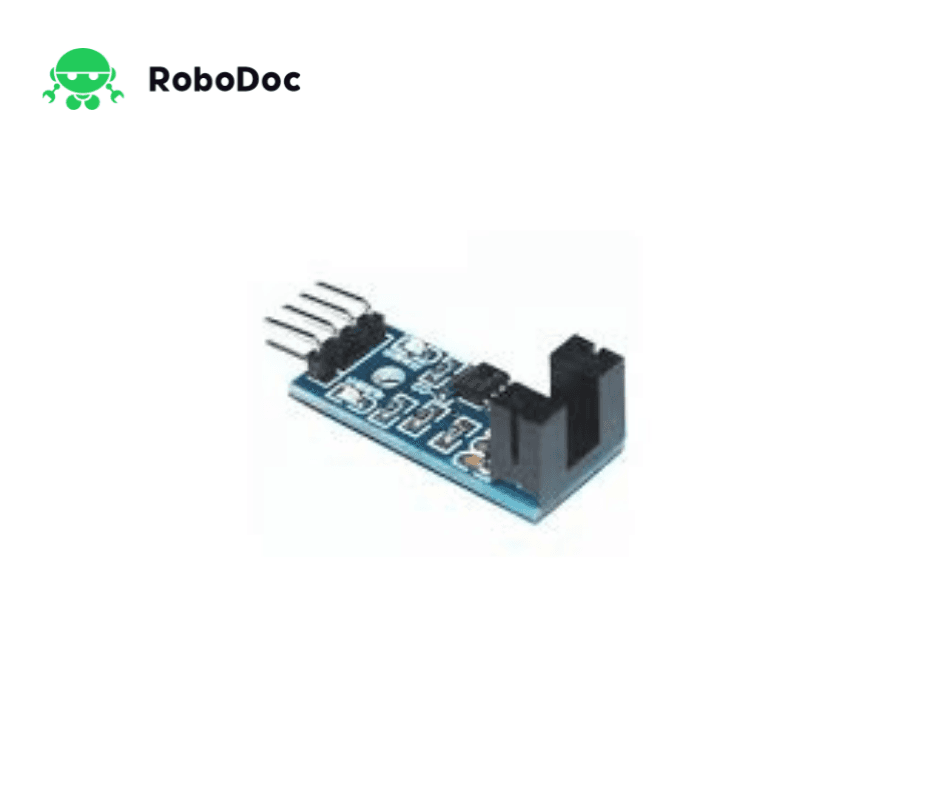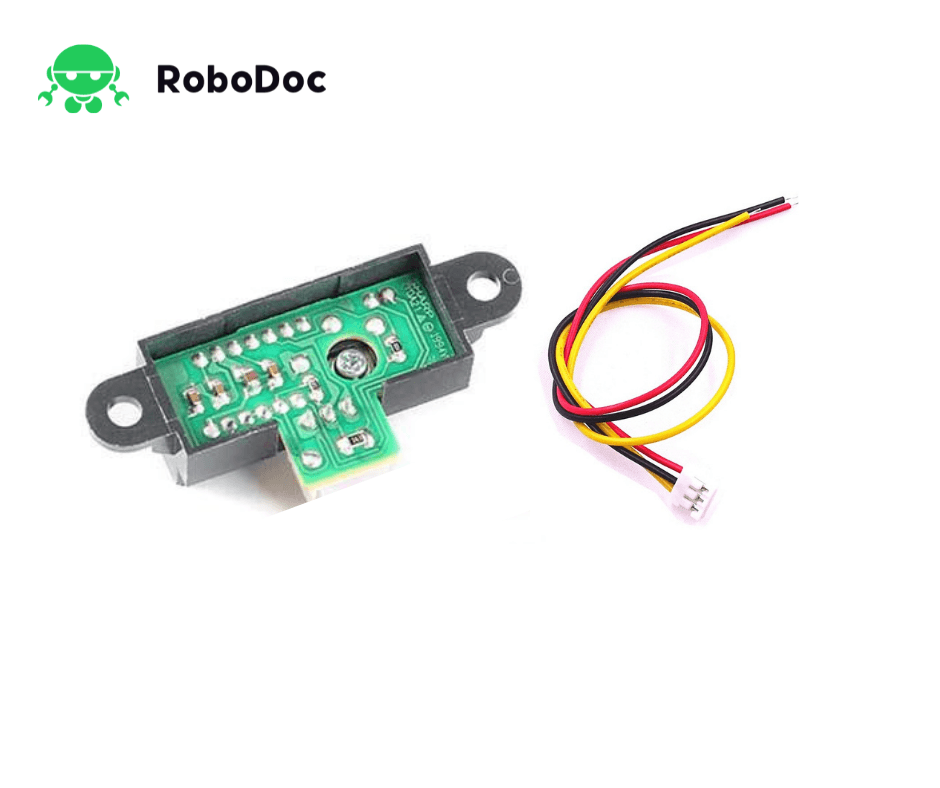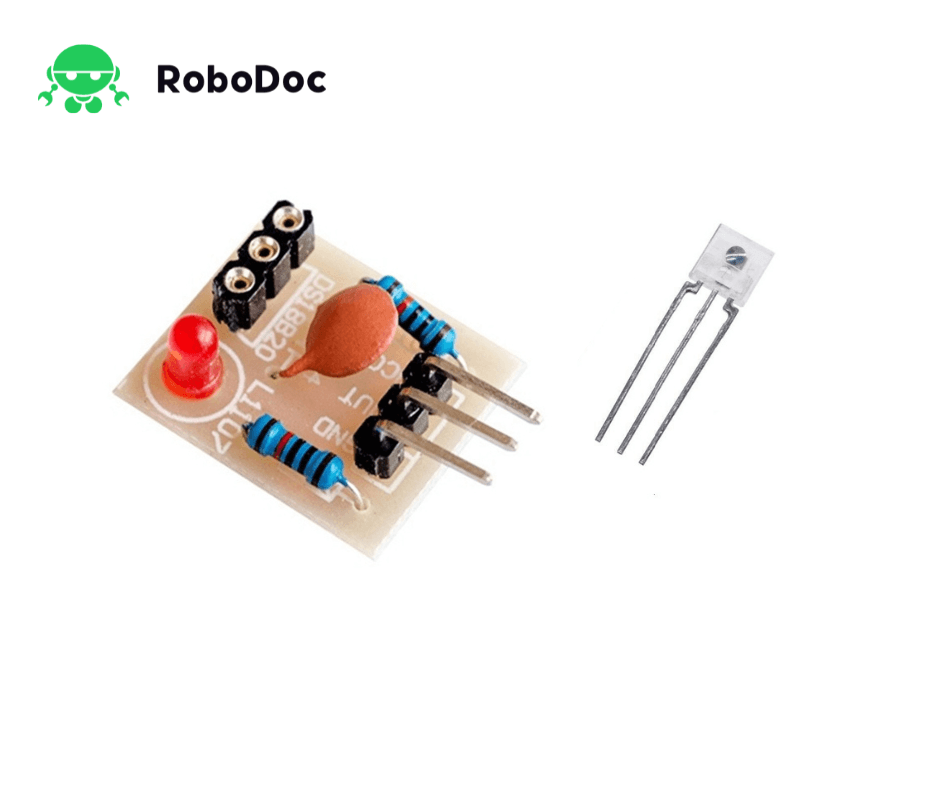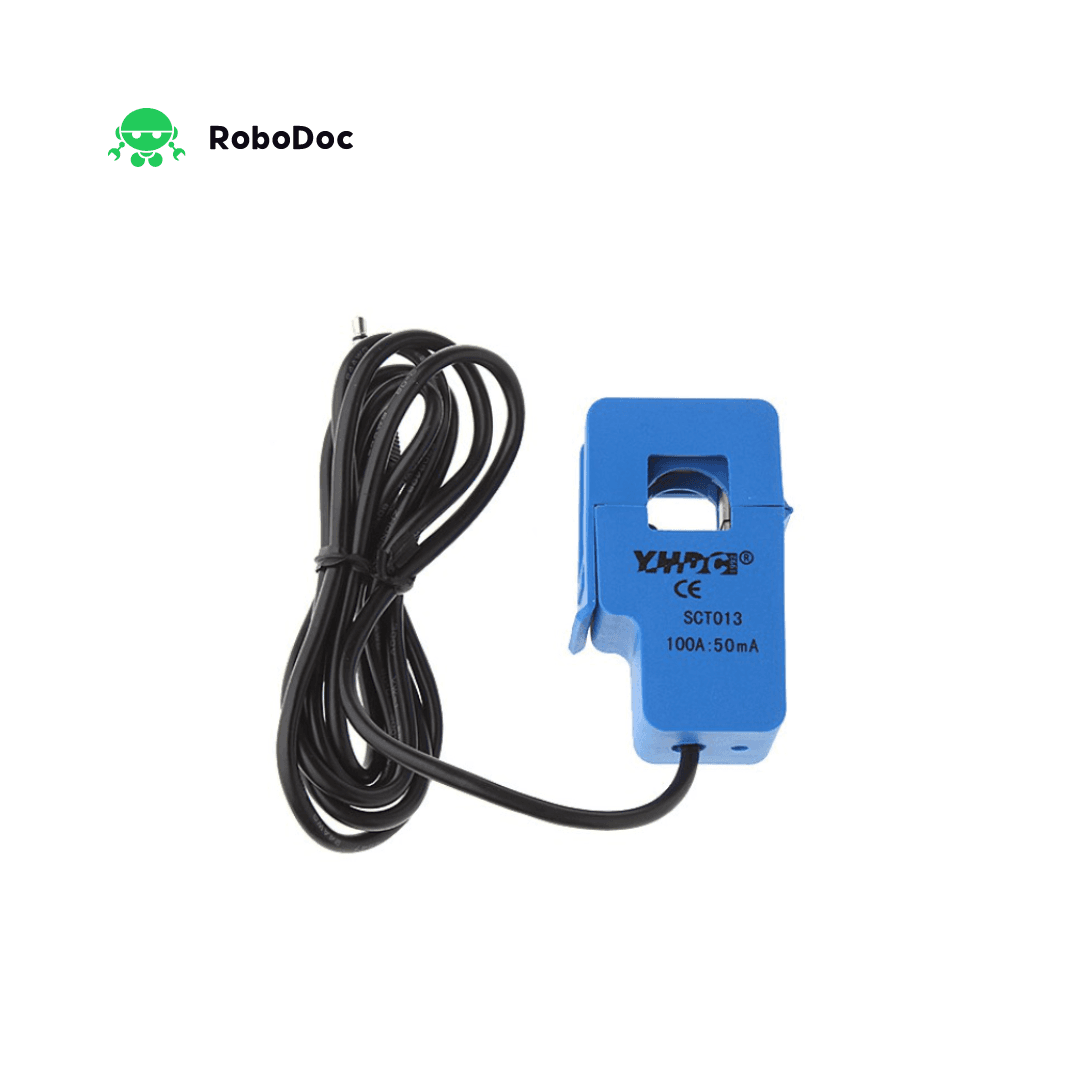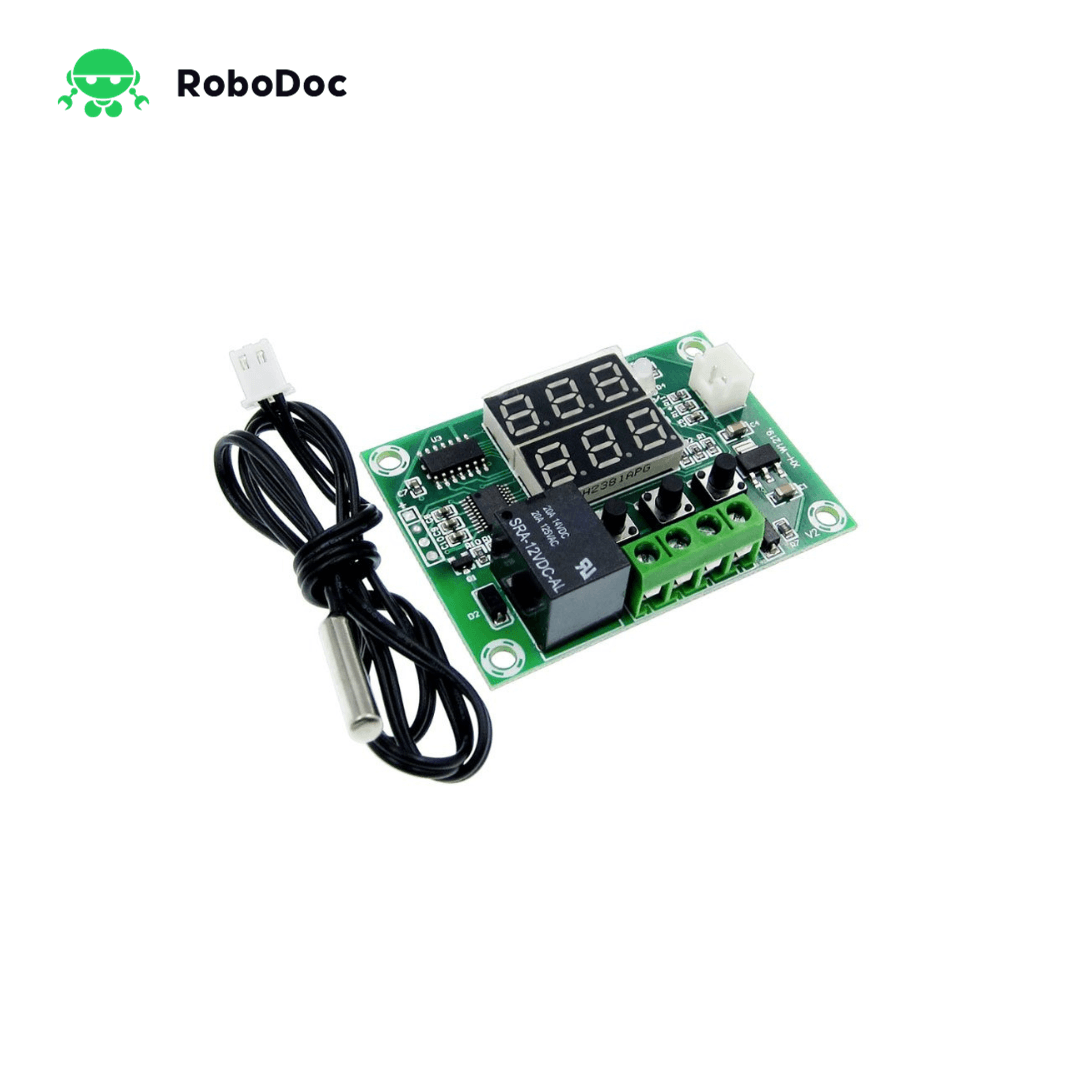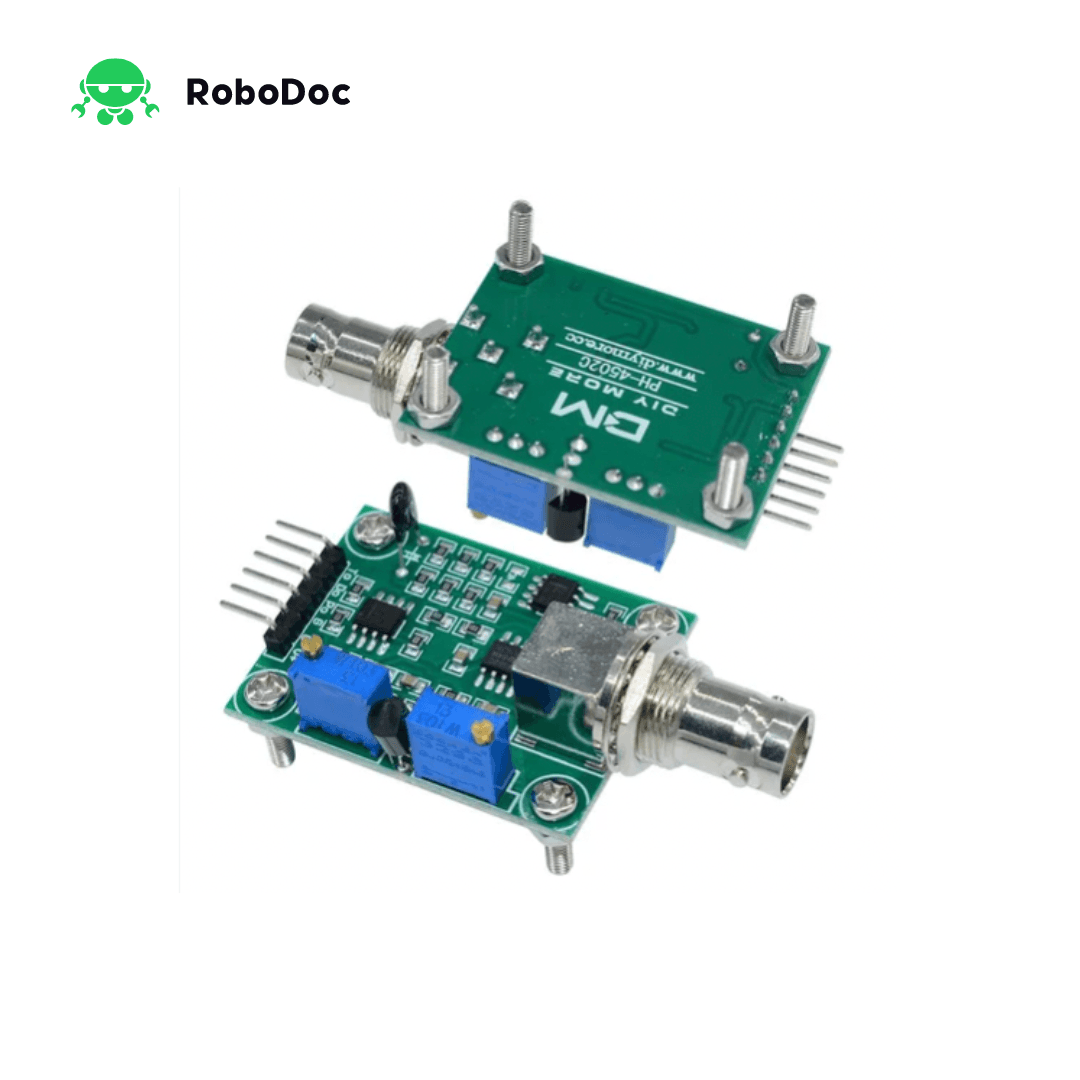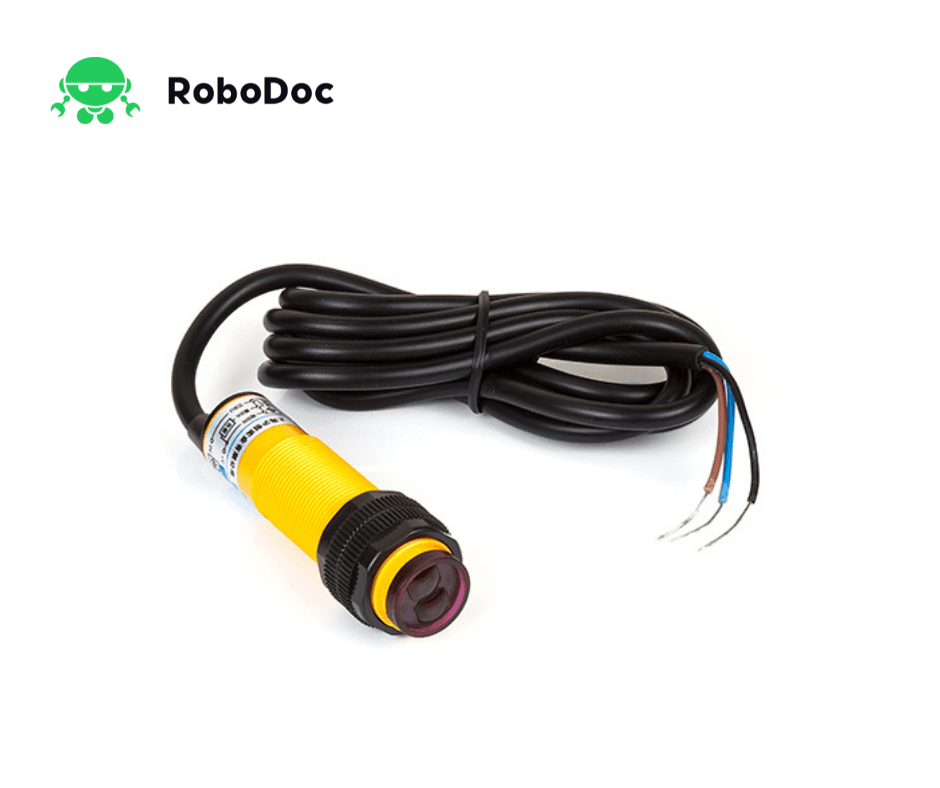All Categories

Sensors
Sort By
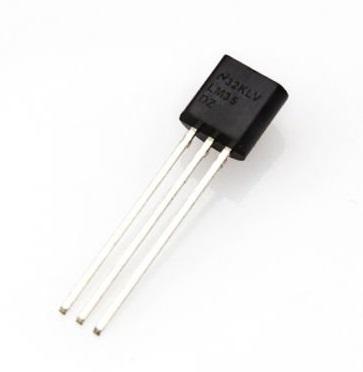
LM35
৳80
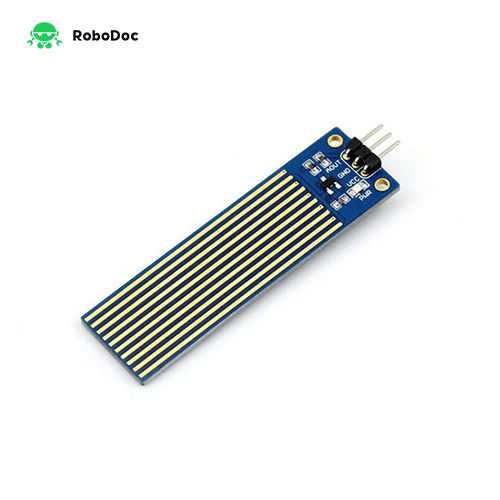
Liquid Level Sensor
৳453.7
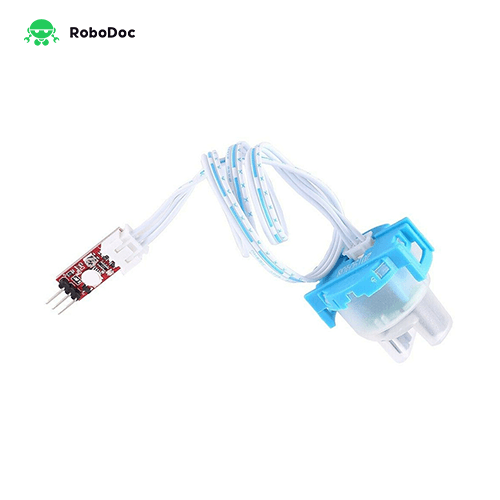
Water Turbidity Sensor Module with Analog Output
৳965.4৳1015.4
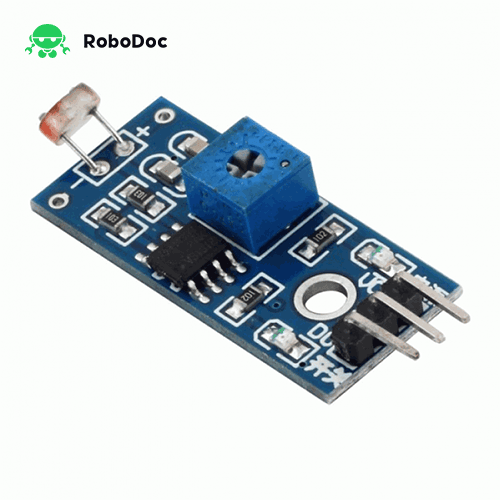
LDR Sensor Module
৳79.9
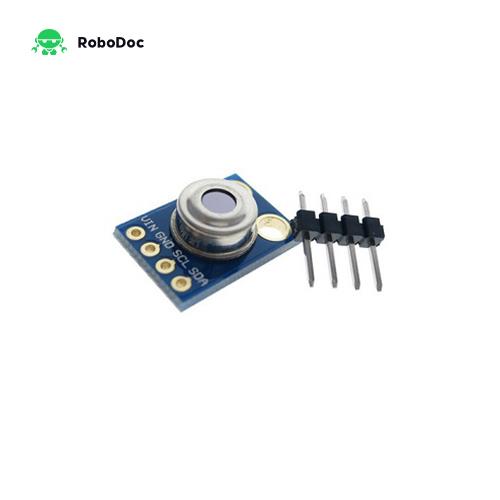
GY-906 Infrared Temperature Sensor
৳1299.9৳1497.9
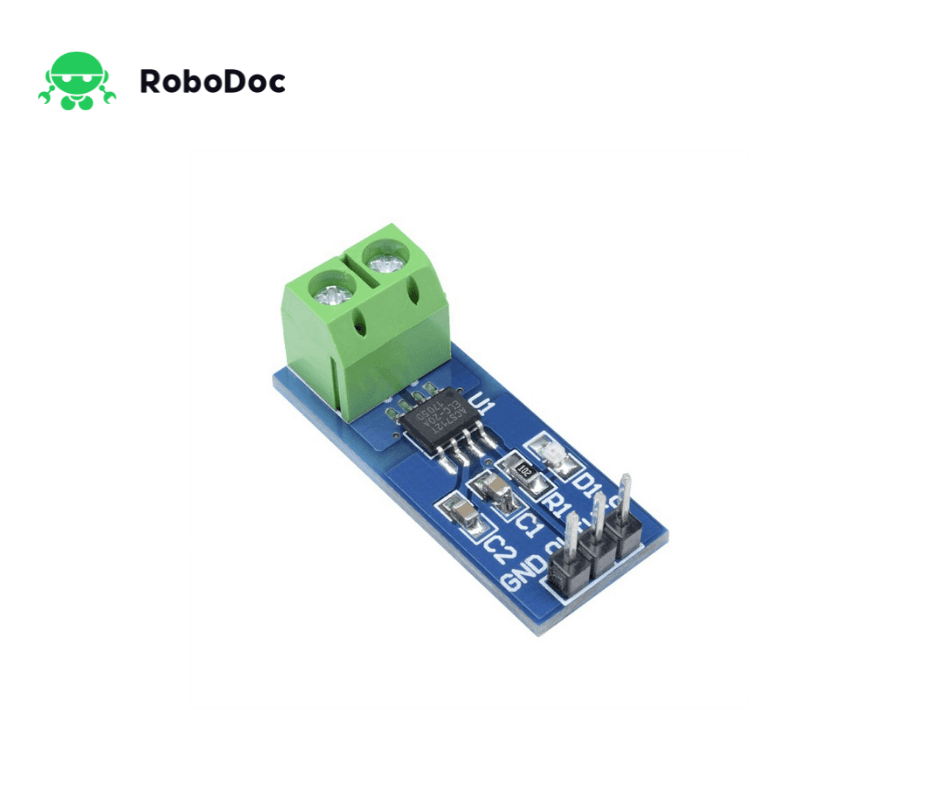
Current Sensor ACS712 30A
৳214.93
Words from our Customers
Sensor Price in Bangladesh
In today's increasingly digital world, sensors play a crucial role in collecting and analyzing data for various applications. From smartphones to smart homes, from healthcare devices to industrial automation systems, sensors are the unsung heroes that enable us to interact with technology effortlessly. However, when it comes to purchasing these tiny yet powerful devices, price becomes a determining factor for many individuals and businesses alike. In Bangladesh, where technological advancements are rapidly taking place, understanding the sensor price in bangladesh landscape is essential for making informed decisions and driving innovation forward. In this article, we will delve into the sensor market in Bangladesh, exploring the factors influencing prices and highlighting key trends that potential buyers should be aware of.
In today's increasingly digital world, sensors play a crucial role in collecting and analyzing data for various applications. From smartphones to smartwatches, from smart homes to autonomous vehicles, sensors are everywhere. These tiny devices have the ability to detect and measure physical parameters such as temperature, pressure, humidity, light intensity, and more. This sensor data is then processed and used by software algorithms to provide useful insights and enable intelligent decision-making.
One of the key factors driving the adoption of sensors is their declining cost. Advances in technology have led to the miniaturization of sensor components and the development of more efficient manufacturing processes. As a result, sensors have become smaller, cheaper, and more power-efficient than ever before. This has made it possible for them to be integrated into a wide range of consumer electronics products at an affordable price point.
In Bangladesh, this decline in sensor prices has opened up new opportunities for businesses across various industries. For example, in agriculture, farmers can now use soil moisture sensors to optimize irrigation practices and improve crop yield while minimizing water usage. In healthcare, wearable biometric sensors can help monitor patients' vital signs remotely and provide early warnings for potential health issues. In logistics and transportation sectors, vehicle tracking systems equipped with GPS sensors can improve fleet management efficiency by providing real-time location information.
The availability of affordable sensors has not only democratized access to technology but also fueled innovation in local research laboratories and startup communities across Bangladesh.
Ultrasonic Sensor Price in BD
Ultrasonic sensors are widely used in various industries for their ability to measure distance and detect objects with high accuracy. In Bangladesh, the price of an ultrasonic sensor can vary depending on the brand, model, and features it offers. The range typically starts from around 500 BDT and can go up to several thousand BDT.
One important factor that affects the price of ultrasonic sensors is the sensing range they offer. Sensors with longer range capabilities are generally more expensive as they require advanced technology and higher precision components. Additionally, features like waterproofing or anti-interference mechanisms also contribute to a higher price tag.
It's also worth noting that while some ultrasonic sensors may seem costlier than others, they often come with additional benefits such as better performance, durability, or advanced functionalities. Therefore, it's essential to consider your specific requirements before making a purchase decision solely based on the price tag.
Motion Sensor Price in Bangladesh
In the era of smart homes and automation, motion sensors have become an essential part of our lives. Whether it's for security purposes or convenience, motion sensors provide an added layer of comfort and safety to our daily lives. However, many people are often deterred from purchasing them due to concerns about the price.
Fortunately, in Bangladesh, the market for motion sensors has grown rapidly in recent years, leading to a wide range of options at various price points. From basic models with limited functionalities to advanced ones that seamlessly integrate with other smart devices in your home, there is a motion sensor that fits every budget in Bangladesh. Prices can start as low as 500 taka for a basic infrared motion sensor and can go up to 10,000 taka or more for high-end models with advanced features like pet immunity and wireless connectivity.
One important factor to consider when looking at the price of motion sensors is the brand reputation and reliability. While it might be tempting to opt for cheaper alternatives from less-known brands, investing in a reputable brand ensures better quality and longevity. Additionally, well-known brands often provide customer support services that can be invaluable if you encounter any issues with your purchase. It's always wise to do some research and read user reviews before making a final decision on which motion sensor would be best suited for your needs within your budget constraints.
Best Quality Sensor Price in Bangladesh
When it comes to buying sensors in Bangladesh, finding the best quality at the most reasonable price is always a top priority. With advancements in technology, sensors have become an essential component of various industries including automotive, agriculture, healthcare, and manufacturing. Therefore, it’s crucial to invest in sensors that offer accurate data and long-lasting performance.
One of the key factors to consider when looking for the best quality sensor at a competitive price is reliability. It’s important to opt for reputable brands that are known for their high-quality products. Brands like Bosch, Honeywell, and Omron have established themselves as industry leaders in sensor manufacturing and offer a wide range of options to choose from.
While brand reputation plays a significant role in ensuring product quality, it's also essential to consider affordability. With many brands competing in the market, there are ample opportunities to find sensors that are both reliable and reasonably priced. To make your search easier, compare prices from different sellers and consider factors such as warranty terms and after-sales services offered by different suppliers.
In conclusion, getting the best quality sensor at a competitive price requires careful consideration of both reliability and affordability. Opting for reputable brands ensures a reliable product while comparing prices from different sellers allows you to find affordable options without compromising on quality.
List of Best Sensor Price in Bangladesh
| Product Name | Price in BDT |
|---|---|
| TCRT5000 Reflective Optical Sensor | ৳18.3 |
| LDR Sensor Module | ৳79.9 |
| 5V Laser Receiver Sensor Detection Module | ৳94.5 |
| Voltage Sensor Module DC 0-25V | ৳99.7 |
| Speed Detecting Sensor | ৳120.67 |
| Current Sensor ACS712 30A | ৳214.93 |
| HR202 Humidity Detection Sensor Module | ৳274.7 |
| AC Voltage Sensor Module | ৳279.63 |
| IR Obstacle Avoidance Sensor | ৳379.81 |
| Liquid Level Sensor | ৳453.7 |
Sensor Online Delivery in Bangladesh
As our daily lives become increasingly fast-paced, convenience has become a top priority for many individuals. This is where the concept of sensor online delivery comes into play in Bangladesh. With major advancements in technology, it is now possible to have sensors delivered straight to your doorstep with just a few clicks. Gone are the days when you had to visit multiple stores to find the right sensor for your specific needs – now you can simply browse through various online platforms and compare prices and features before making your purchase.
Sensors are available at RoboDoc Limited, Dhaka Bangladesh, both online and offline. When purchasing actuator in Bangladesh, it's important to choose a reputable seller to ensure that you're getting a genuine product.
What is Sensor?
A sensor is a vital component in various electronic devices, acting as the interface between the physical world and digital data. It is capable of detecting and responding to specific changes or inputs within its surroundings. Sensors come in different forms, such as temperature sensors, light sensors, motion sensors, and proximity sensors, each designed for a specific purpose. These devices not only acquire sensory information but also convert it into measurable signals that can be interpreted by other parts of the system.
In recent years, there has been a significant increase in the demand for sensors in Bangladesh due to their wide applications across industries. The country's rapid digitalization efforts have fueled this growth, with sectors like manufacturing, agriculture, healthcare, and automation relying heavily on sensor technology. With these advancements comes an expansion of available sensor types catering to unique needs; for instance, environmental sensors play a crucial role in monitoring air quality levels in densely populated areas or industrial zones where pollution levels need close regulation.
Now more than ever before, affordability plays a crucial role in determining market accessibility for sensor technology. In Bangladesh's context specifically - being a developing nation with varying economic backgrounds - finding reasonably priced yet reliable sensors can be challenging. However, affordable options are emerging with local manufacturers striving to produce cost-effective solutions without compromising on quality. Furthermore, collaborations between international suppliers and local players have brought some well-priced options into the market while maintaining high standards necessary for accurate data acquisition.
What does Sensor do?
A sensor, in the simplest terms, is a device that detects and measures physical properties or changes in its environment. From smartphones to smart homes, sensors are omnipresent in our lives today. They play a crucial role in transforming analog data into digital signals that can be analyzed and used for various purposes. By converting real-world phenomena such as light, temperature, pressure, or motion into electrical signals, sensors enable devices to perceive and respond to their surroundings.
Sensors have become an integral part of numerous industries due to their ability to enhance functionality and efficiency. In agriculture, for instance, soil moisture sensors help farmers optimize irrigation schedules by alerting them when plants need water. In manufacturing plants, proximity sensors ensure smooth operations by detecting the presence or absence of objects on conveyor belts. The healthcare sector also benefits greatly from sensors; wearable fitness trackers use heart rate monitors and accelerometers to measure activity levels and provide valuable health insights.
The use of sensors extends beyond individual devices; it has expanded to entire ecosystems known as the Internet of Things (IoT). This network connects countless interconnected devices through which valuable data is collected and analyzed. Sensors act like the nerve endings of IoT applications and enable digital systems to interact with the physical world intelligently.
How to use a Sensor?
Sensors have become an integral part of our daily lives, aiding in various activities and tasks. But do we really know how to use them effectively? In this blog section, we will delve into the world of sensors and explore some tips on how to make the most out of them.
Firstly, it's important to understand the purpose of the sensor you are using. Different sensors have different functionalities and are designed for specific applications. Take the time to read through the manufacturer's instructions or consult online resources to gain a thorough understanding of what your sensor is capable of.
Once you've familiarized yourself with your sensor's capabilities, it's essential to ensure proper installation and placement. Incorrect placement can result in inaccurate readings or malfunctioning. Consider factors such as temperature, lighting conditions, and interference from other devices when deciding where to place your sensor.
Lastly, don't forget about calibrating your sensor regularly. Calibration helps maintain accuracy by adjusting for changes in environmental conditions or wear over time. Most sensors come with instructions for calibration procedures that should be followed diligently.
By following these simple yet important steps, you can unlock the full potential of your sensor and enjoy accurate data measurements. Remember that each sensor is unique, so take some time to experiment and find what works best for your specific needs.

